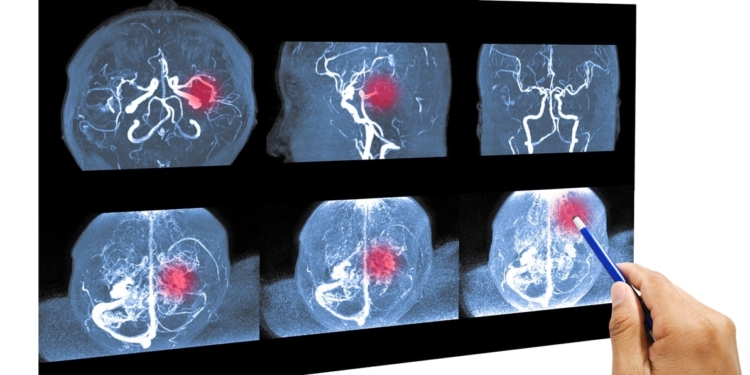Tunisia is facing a silent but formidable crisis: strokes are occurring at an alarming rate, with a new case every thirty minutes and a death every two hours. These figures, revealed this Wednesday by Professor Amina Gargouri, neurologist, on the occasion of World Stroke Day, highlight a health emergency that is often underestimated.
React quickly to save the brain
Invited on National Radio, the specialist recalled that the survival and recovery of patients essentially depend on the speed of treatment. As soon as sudden signs appear such as facial deformation, arm weakness or visual disturbances.
It is vital, she says, to go immediately to the nearest hospital. “Every minute counts. The earlier the treatment is administered, the higher the chances of saving the brain,” she insisted.
Read also
The neurologist also insisted on prevention, which she describes as “the most effective weapon” against stroke. A healthy lifestyle, she explains, considerably reduces the risks: exercising regularly, adopting a balanced diet, avoiding tobacco and limiting alcohol consumption are among the essential recommendations. “Maintaining a healthy body has a direct effect on brain health and helps preserve it,” she added.
Specialized units and remote treatments
On the medical level, Tunisia has made notable progress in the treatment of this pathology. Specialized units have been set up in several university hospitals as well as in certain private clinics, allowing faster and more appropriate treatment of emergency cases.
In addition, two telemedicine centers have been deployed to ensure remote monitoring: that of Sfax, which takes care of patients from Tozeur, and that of Sousse, which monitors cases from Jendouba. These units use internationally recognized equipment and protocols, providing patients with care that meets modern standards.
Read also
But despite these advances, challenges remain numerous. Lack of information, delays in arriving at emergency departments and the insufficiency of specialized units in certain regions continue to compromise the survival of hundreds of patients each year. Professor Gargouri calls for national mobilization, combining awareness, prevention and strengthening of hospital infrastructure.
The fight against stroke, she recalls, does not only take place in hospitals, but also in the daily lives of each citizen. Adopting a healthy lifestyle, recognizing symptoms in time and acting quickly: so many simple reflexes that can, literally, save a life.








